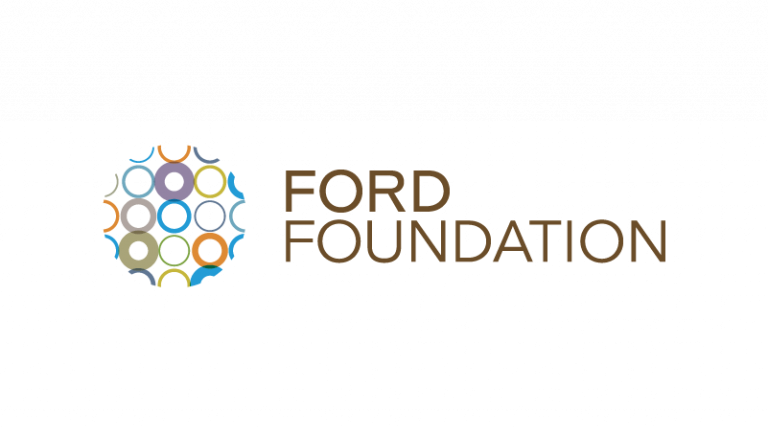Ford Foundation seeks judiciary’s support for social justice

In commemoration of the World International Day for Social Justice, Dr ChiChi Aniagolu, Regional Director, Ford Foundation West Africa, has advocated for more support for social justice.
She urged the judiciary to do more to fight for social justice, noting that the day serves as a stark reminder that achieving fairness and equity is the bedrock of every society.
Aniagolu stated this in a statement made available to newsmen on Wednesday in Lagos.
According to her, when social justice is compromised, the very fabric of society begins to unravel.
She said, “In Africa, the greater pressure is always on the Executive and the Legislature to ensure democracy, good governance and fight corruption. However, equally important in upholding social justice is the role of a robust judicial system due to its interpretative, dispute resolution, and enforcement role.
“Yet the judiciary in West Africa is plagued with a myriad of problems: inadequate funding, poor infrastructure, political/governmental interference, bribery, and corruption.
“Biased appointments of judges and unfair removal of sitting judges continue to happen. Sometimes the judicial system is manipulated to usurp constitutional rule, stifle dissenting groups, and gag freedom of expression with political opponents, the Media, and CSOs.
“This is compounded by inadequate legal aid against a backdrop of high legal fees for a sub-region where over 30% of the population lives below the poverty line. Rural populations and vulnerable groups in West Africa often face significant barriers to justice, making it seem as though justice is on sale to the highest bidder!”
She added that, although these challenges are daunting, they are not insurmountable.
She urged civil society organisations and the media to continue to be vibrant and courageous and lead the fight against bribery and corruption.
“Businesses will not thrive, and investors are unlikely to invest in societies where justice is compromised. In an era of media pluralism, therefore, citizens must also be vocal and determined in holding the judiciary accountable through public support and applause when the judiciary does well and public naming and shaming, when they err.
“This will energise and embolden the judiciary to resist executive and legislative interference, deal with systemic corruption, and demand reforms to ensure fairness and equity in the judicial services to advance social justice,” the statement concluded.